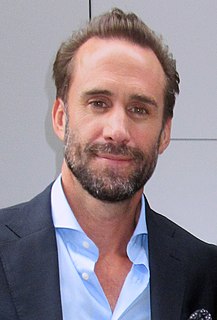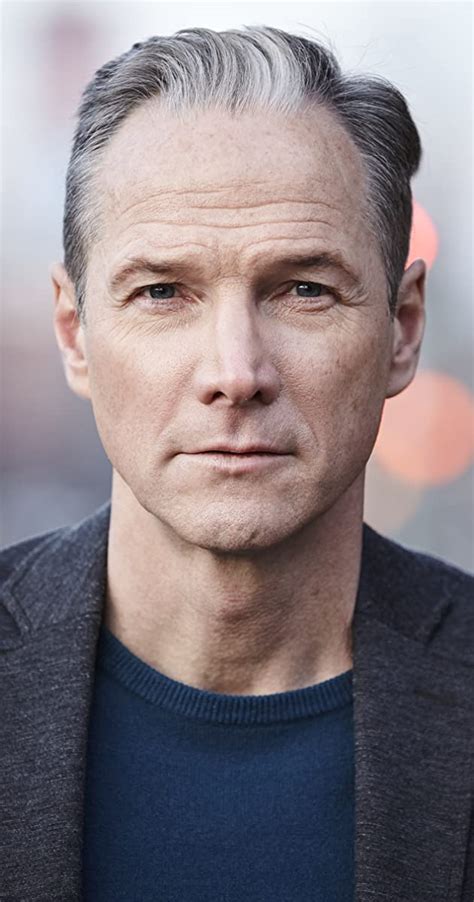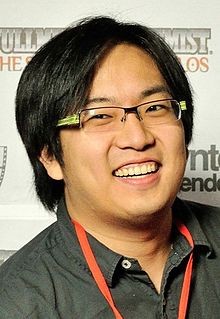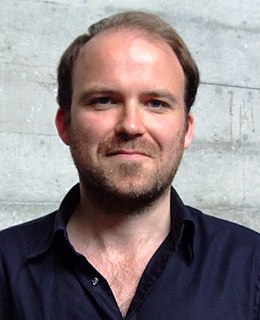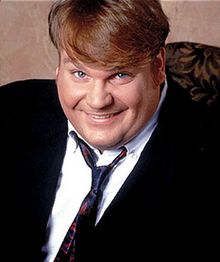A Quote by Tom Burr
I had a lot of fantasies about being an architect when I was young, and I think I still do. On a visceral level, I'm very intellectually and emotionally attracted to acknowledging how space functions in our lives, both in terms of pleasure and in terms of control, and in terms of all those factors that form a life. I'm also very anxious and maybe repulsed by how superficial that whole dialogue can become.
Related Quotes
When you think of power, you think the state has power. When you look at it in terms of revolution, in terms of the state, you think of it in terms of Russia, the Soviet Union, and how those who struggled for power actually became victims of the state, prisoners of the state, and how that led to the dissolution of the Soviet Union. We have to think of revolution much more in terms of transitions from one epoch to another. Talk about Paleolithic and Neolithic.
In terms intellectually, [what] shaped my life was the whole Munich thing [the Munich Agreement] that I knew about all my life, in terms of how large powers make decisions that affect small countries, and the unintended consequences of that. The other part is I knew about the Holocaust. l just didn't know that it applied to my family. But that did affect the way I thought about what I was seeing as ethnic cleansing in the Balkans; there's no question about that.
We tend to speak of sin in very personal and individual terms. Jeremiah does not downplay that, but he also sees how a whole society can be bound up in the tentacles of sin, in the assumptions that everybody around you makes, about how it becomes easier to sin than not to, and how we can become so confused and contradictory in our reactions, when sin is pointed out.
I see being a woman in the world as a social problem. That's very urgently problematic in terms of it still being a man's world, and women's identities still being shaped by the way men look at them, and the way men can control what kinds of opportunities they can get based on how desirable the men find them, or how compliant. I don't think that's really changed a lot.
We became Homo sapiens not that long ago, from the scientific perspective, and we've retained a lot of our beast nature. We've done all these amazing things in terms of our knowledge base and technology, and now we're flying around and using the internet. But we're still very animalistic. So, I think about hierarchies. I think about evolution. I think about how we stack up, how we sit on top of each other. How we pray that we know what we're up to.
When you think of power, you think the state has power. When you look at it in terms of revolution, in terms of the state, you think of it in terms of Russia, the Soviet Union, and how those who struggled for power actually became victims of the state, prisoners of the state, and how that led to the dissolution of the Soviet Union. We have to think of revolution much more in terms of transitions from one epoch to another.
A quote that I like very much comes close to explaining my attitude about taking photographs. ‘Chinese poetry rarely trespasses beyond the bounds of actuality the great Chinese poets accept the world exactly as they find it in all its terms and with profound simplicity they seldom talk about one thing in terms of another; but are able enough and sure enough as artists to make the ultimately exact terms become the beautiful terms.’
My greatest influences are actually probably a set of different teachers. And these teachers, most prominently at my high school, but also a few others, helped kind of instill in me, thinking thoughts about how life is meaningful in terms of how we all kind of live in a network of people and how you interact with those people is part of what makes life essentially meaningful and then kind of concepts to think about, how do you add value to other people's lives? How do they add value to yours? And how do you kind of form a community together in the network?

